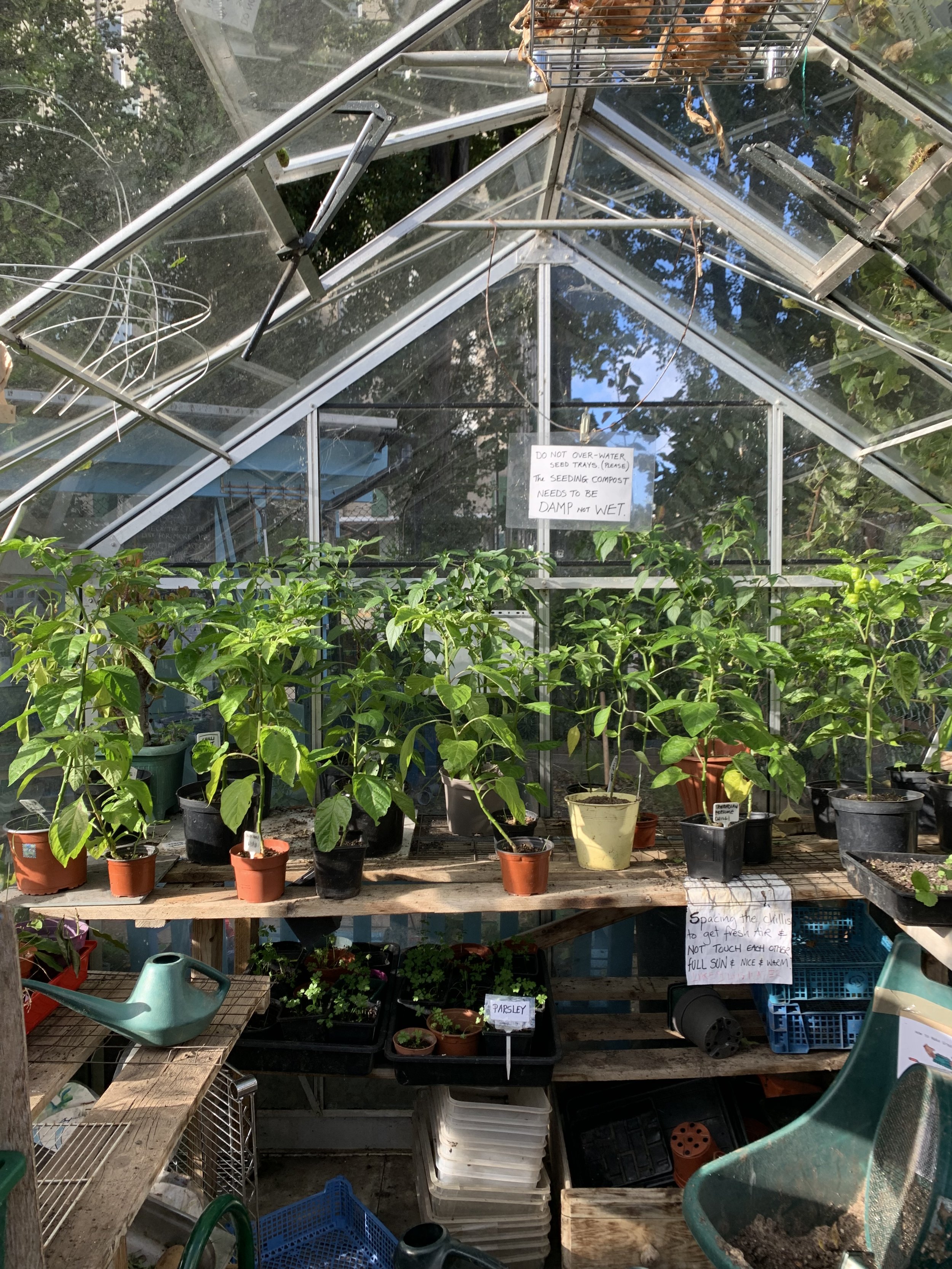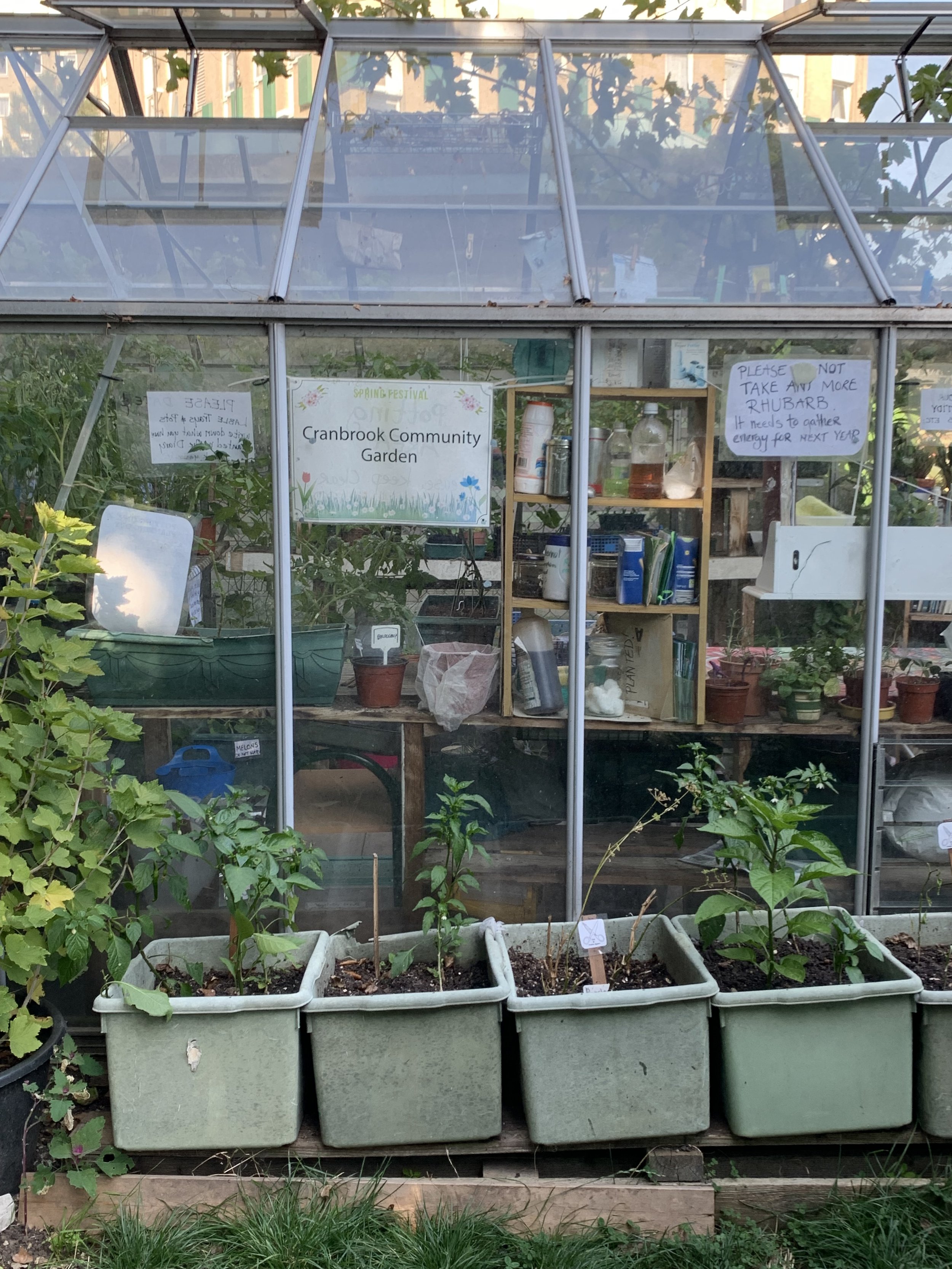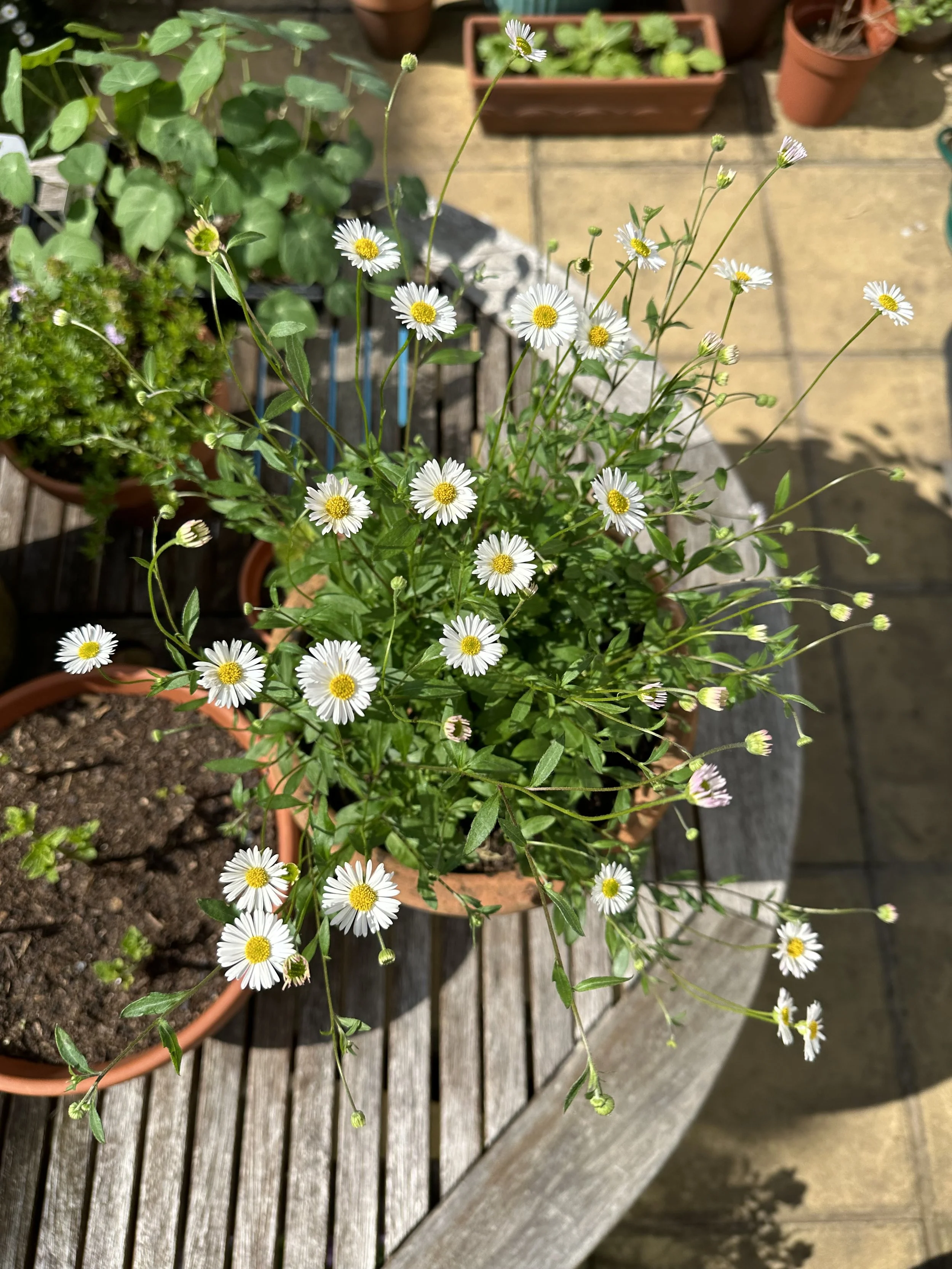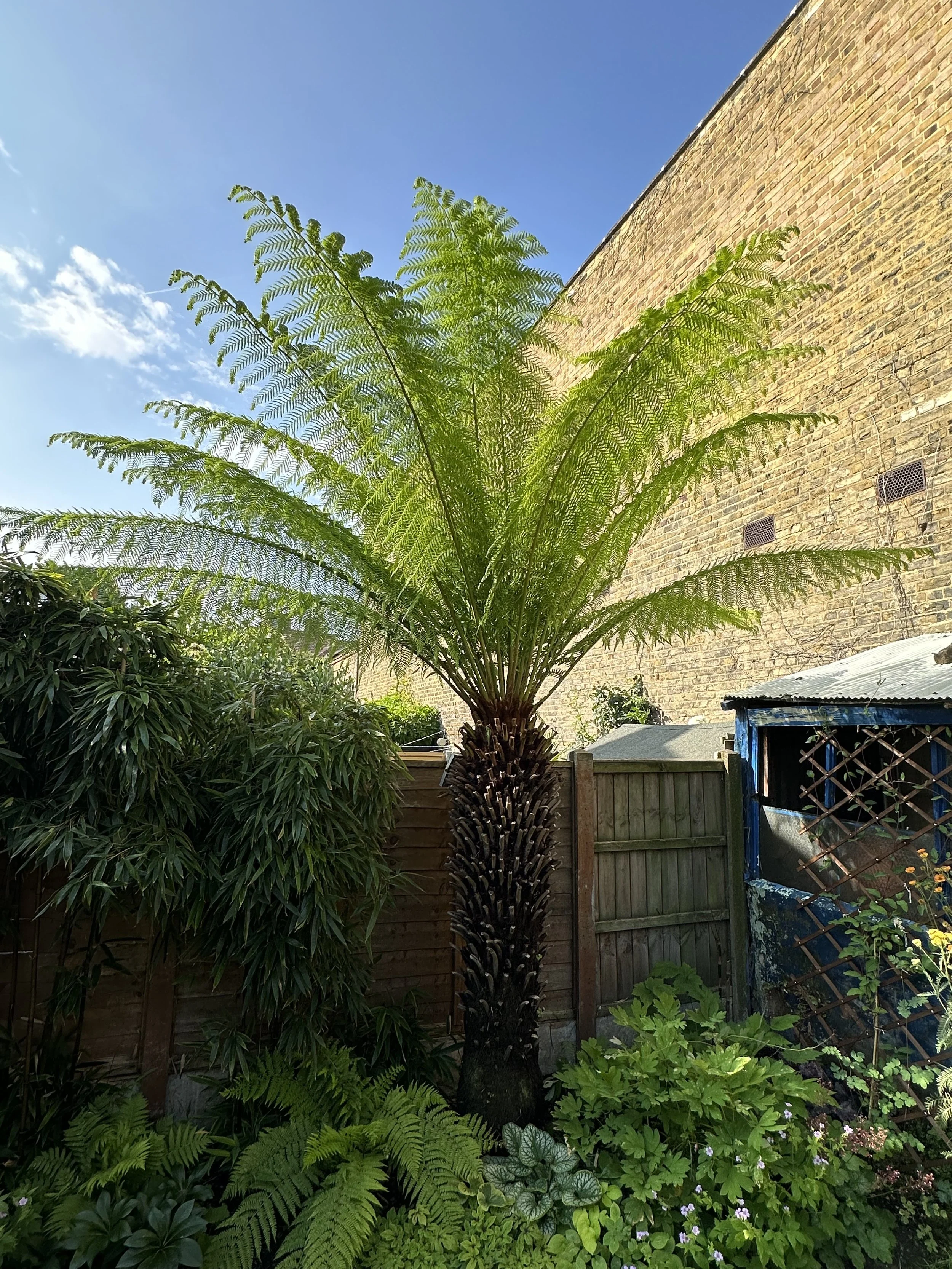London Community Gardens Open to New Members
When I started my journey into horticulture, I really wanted to find a community of people that were passionate about plants, gardening and growing food.
People that could share their knowledge and tips, and where I could help build a sense of community in my neighborhood.
I also was looking for a place to gain some experience and learn as my back garden was too small to plant vegetables like squash and I didn’t have the space to incorporate a compost heap or a greenhouse.
So I began to search for community gardens London and green spaces focused on urban agriculture in order to find a place where I could get my hands dirty and meet fellow gardeners.
If you are looking for gardening courses in London here is my list:
Community gardens in London are public spaces where local residents can grow their own food, flowers, and plants.
They provide a green oasis in the heart of the city and promote sustainable living, community building, and social interaction.
London has a rich history of community gardening, with some of its earliest recorded community gardens dating back to the 16th century.
Today, there are hundreds of community gardens in London, serving as a testament to the city's commitment to preserving and promoting green spaces.
As a result of my quest for community, I’ve compiled a list of amazing community gardens in London that are currently open for new volunteer members.
And if you are looking for inspiring gardens to visit around London, check out my guides:
The greenhouse at Cranbrook Community Food Garden.
One of the benefits of community gardens is that they provide opportunities for local residents to connect with each other and build relationships.
This can be especially important in densely populated urban areas like London where people may feel isolated or disconnected from their neighbors.
Community gardens provide a space where people can come together and work towards a common goal of creating a beautiful and productive green space.
In addition to promoting social interaction, community gardens also provide opportunities for local residents to learn about gardening and horticulture.
Many community gardens offer workshops, training sessions, and other educational activities to help people develop their gardening skills.
This can be especially valuable for children, who can learn about the natural world and the importance of environmental conservation at a young age.
Community gardens also play an important role in promoting sustainability and environmental awareness.
By growing their own food, residents are able to reduce their carbon footprint and live in a more sustainable way.
Green beans growing at Cranbrook Community Food Garden. Members share the bounty of each growing season.
Cranbrook Community Food Garden
The Cranbrook Community Food Garden feels like a secret oasis in the middle of the Cranbrook Estate, near Mile End Park.
The garden was formed in 2009 and made use of a wasted plot of land that sits at the bottom of the six Cranbrook towers.
Here they have several rows of raised beds where they grow a wide variety of fruits and vegetables, including kale, rhubarb, Bengali pumpkins, and raspberries.
The garden even has a small greenhouse and cold frame for growing on plants.
The garden volunteers make use of a full compost bay where they compost clippings from the garden and turn this into their own compost to be used in the garden as they really care about in their environmental impact.
It is a wonderful community and the garden is open every Saturday from 11am.
Cranbrook Community Food Garden: Mace Street, Bethnal Green, London E2 0RB
Dalston Curve Garden
The Dalston Eastern Curve Garden London was created in 2010 on the old Eastern Curve railway line on what was once a derelict site.
The garden has several raised planters for growing herbs and vegetables, as well as wildlife-friendly trees and shrubs.
The garden is free and open to the public 7 days a week.
The garden is run as a social enterprise and offers garden volunteer work sessions.
To get on the waiting list to volunteer in the garden fill out the form on their website here.
Dalston Curve Garden: 13 Dalston Ln, London E8 3DF
Hackney Herbal
Hackney Herbal began in 2015 with a mission to show people how to incorporate herbs into their daily lifestyles.
They grow herbs around Hackney and then create unique herbal tea blends that are sold to fund free local activities and services that support the community.
Volunteer development sessions in the garden in offered where you can learn about herb growing and harvesting.
These take place on Saturday morning, between 10am - 1pm.
To sign up for a future session us this form on their website.
Hackney Herbal: Trowbridge Gardens, Trowbridge Road, Hackney Wick, London E9 5LA
Stepney City Farm community garden.
Stepney City Farm
Stepney City community farms and garden was set up in 1979 by resident’s of the east end to create a space for the community to grow and learn and make use of a location that was a derelict site bombed in WWII.
In addition to being a home to goats, pigs, and chickens, the farm is a community food growing site where they have vegetables growing year-round.
The farm is free to visit and is open 10am to 4pm Tuesday – Sunday.
They offer multiple ways to get involved, including a new program of one-off volunteering events on Saturdays.
Dates are released a few weeks in advance, check out their website for the latest dates.
Each year, Stepney City Farm offers a Food Growing Traineeship for up to 10 people, one day per week, and will show a full growing cycle, from planning and planting to harvesting.
Email danielle@stepneycityfarm.org to express interest and gain more information.
Stepney City Farm: Stepney Way, Stepney Green, London E1 3DG
Are you a member of a local community garden that should be added to the list? Contact me here.
Looking for more London garden inspiration? Check out my guides:






